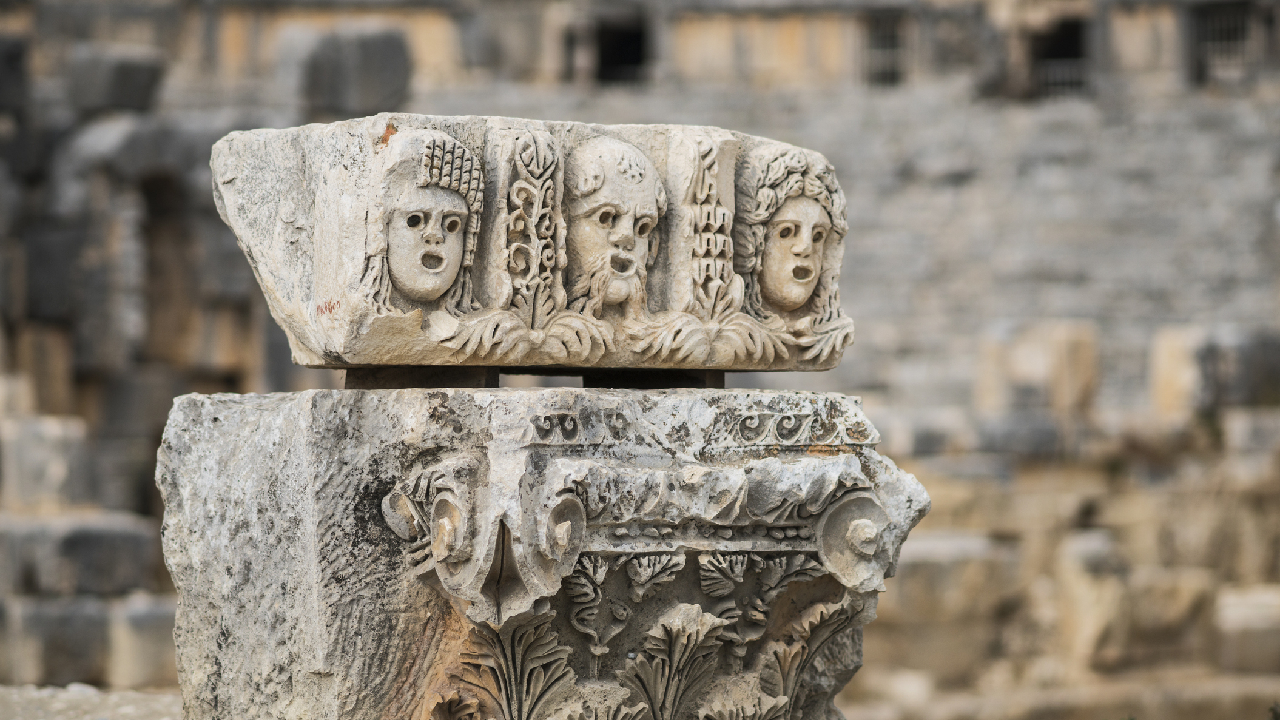In Clinical
Follow this topic
Bookmark
Record learning outcomes
Between one and seven million people died during the Antonine plague, which may have been the straw that broke the Roman Empire’s back…
“To learn to live with pandemics and their deadly realities, we must all become historians and sound the depths in search of the embedded echoes of pandemics past,” writes Colin Elliott in his superb new book, Pox Romana (Princeton University Press).
“The Antonine plague is such a mystery,” Elliott, professor of history at Indiana University, told Pharmacy Magazine. “We know so little about its pathology, and its role in the decline and fall of the Roman Empire has been controversial for centuries.
“However, recent advances in paleogenetics and paleoclimatology, along with a vastly improved understanding of the interconnectivity of the Roman imperial system, made it possible to launch the truly comprehensive investigation summarised in the book.”
The Antonine plague spread during the reign of Lucius Verus and co-emperor Marcus Aurelius. Verus died in AD 169, “probably”, writes Mary Beard in Emperor of Rome, from the Antonine pandemic, “unless you prefer the story that his mother-in-law got rid of him with a dish of poisoned oysters”.
A war with Parthia (now part of Iran) most likely introduced the disease into the Roman Empire and, as the armies and camp followers dispersed, so it spread. The Empire was never the same again.
In Pox Romana, Elliott argues that the plague’s “transformative power” derived from a “lingering presence as a threat both real and perceived, a disease that could strike anywhere … that killed and maimed bodies both individual and collective”.
The Empire cannot strike back
Time and again we see salutary lessons in this history. For instance, a yawning economic chasm separated the Roman super-rich patricians from the plebians (common people).
Patricians indulged in ornate feasts of pike livers, pheasants and peacock tongues, flamingo brains and lamprey intestines. Most plebians’ diets were nutritionally deficient, largely because of food insecurity and disease. Today, food insecurity remains rife, even in affluent nations.
Climatic shocks challenged Roman supply chains too. The Tiber flooded, spreading disease throughout Rome. Inadequate irrigation from the Nile compromised the grain harvest in Egypt, Rome’s bread basket. Some 2,000 years later, the Covid pandemic similarly underscored supply chain vulnerability and consequent economic turmoil.
So what can today’s patricians do? “The Antonine plague was not as deadly as history’s worst pandemics, but it had an outsized economic and social impact due to a serious lack of resilience in the Roman Empire,” says Elliott. “Our current politicians would do well to lean on today’s most dynamic and decentralised systems, which tend to be voluntary, local and educational, rather than the slow-moving and often blunt instruments of centralised policy and directives.
“Politicians would also be wise to consider healthcare capacity well ahead of the next epidemiological crisis, opening up markets for services and care, so that systems are not strained as they were when Covid swept the world.”
Is transformation inevitable?
Myths and misconceptions pervaded the Roman Empire, just as fake news about Covid-19 saturated social media. “During the Antonine plague, panic, superstition and scapegoating spread as fast as the disease, and a gross lack of medical science combined with dismal urban sanitation to exacerbate the effects of the disease,” Elliott says.
“Healthcare professionals can ease social anxieties by the way they carry out treatment as much as through the treatments themselves, by providing examples and education to elicit broader public participation.”
Rome never recovered, but will we?
“SARS-CoV-2 was deadly and damaging in its own right, but in addition to lost loved ones and long-term symptoms, most of us will remember the societal divisions, political animosity and general anxiety. Debates that began during the pandemic – from personal conflicts to social questions about safety, freedom, censorship and science – continue to rage. It is unclear whether it will be possible to return to a state of general agreement about the fundamental values and principles that ought to define our societies,” Elliott concluded.
“Like the Antonine plague, our most recent pandemic has accelerated broader change so rapidly that the transformation of our society into something different now seems inevitable. But will the change be beneficial?”
Time, and future generations of historians, will tell…

